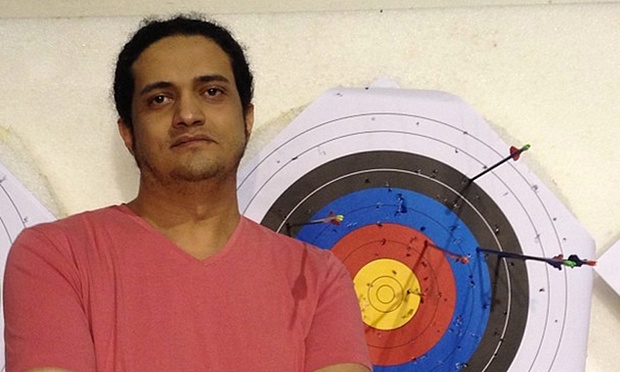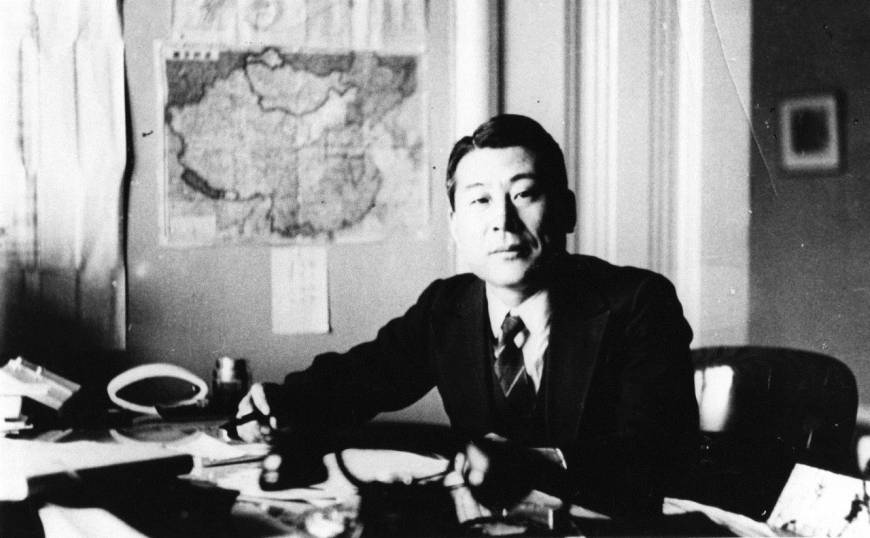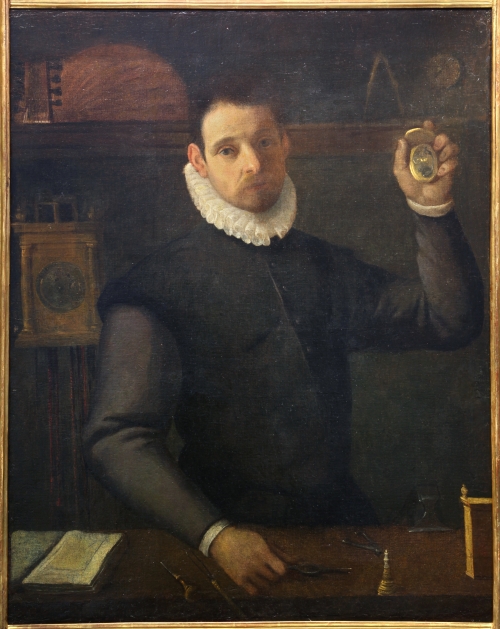
In extreme situations, freedom of speech can result in death; Palestinian poet Ashraf Fayadh is only the most recent example of this horrendous outcome.
Over the past two years, Fayadh has been detained by the Saudi Arabian authorities several times. He was first arrested in August 2013 by the Saudi Arabian religious police after bystanders witnessed Fayadh allegedly cursing against Allah and the prophet Muhammad while distributing a book of his poems that apparently promoted atheism.
After being released from jail on bail for this incident, Fayadh was again arrested on January 1, 2014 in an attempt by the religious police to prove that his poetry was “atheist propaganda.” They accused Fayadh of “spreading destructive thoughts into society” through his supposed rejection of Allah. Fayadh responded by saying that his poetry book was not about atheism, but about his experience as a Palestinian refugee as well as cultural and philosophical issues of the time; nevertheless, religious extremists in Saudi Arabia found Fayadh’s “Instructions Within,” published in 2008, to be filled with “destructive ideas against God.”
Fayadh’s case went to trial in February of 2014 as members of the religious police told the court that he had publicly blasphemed against the religion of Islam and promoted atheism. It was then that he was found guilty of blasphemy, apostasy (abandoning of the Muslim faith), spreading atheism, having an illicit relationship with women, and much more. In May of 2014, Fayadh was originally sentenced to four years in prison and 800 lashes in Abha. However, his retrial in November of 2015 with a new panel of judges determined that his ruling was to be execution.
Several arguments have risen against Fayadh’s planned execution; Mona Kareem, a rights activist who has been involved with campaigns advocating for Fayadh’s release, said, “For one and a half years they promised him an appeal and kept intimidating him that there’s new evidence. “ She stated that they used intimidation techniques to try to force him into a false confession, claiming that they had new evidence against him. She also argued that Fayadh was unable to be assigned a lawyer because his ID was confiscated by the authorities upon his arrest. According to Kareem, they forced Fayadh to have a retrial, agreeing that they would change the prosecutor and the judges. However, the new judge did not even talk to him; instead, he just made the verdict of his execution.
Some of Fayadh’s supporters believe that he is being punished for posting a video online exposing the Saudi Arabian religious police and their harsh tactics. The video allegedly posted depicted the religion police in Abha lashing a man in public. However, it is doubtful that the Saudi Arabian authorities will address these claims.
Fayadh stated, “I was really shocked but it was expected, though I didn’t do anything that deserves death.” Meanwhile, poets from all around the world are protesting his execution, many of them arguing that “it is not a crime to hold an idea.”
While citizens of the United States might be horrified at the intrinsically connected Saudi Arabian government with the public religion, it is not uncommon; the Saudi Arabian justice system is based on Islamic Sharia law, and blasphemy and apostasy can lead to the death penalty at any time. As the most recent in a series of attacks against freedom of speech, Fayadh’s case only highlights the tensions between religious extremists and the growing number of artists and activists who are beginning to push the boundaries of freedom of speech in a place where things as simple as movie theaters and art schools are prohibited. As these incidents become more publicized, more and more people are beginning to see the narrow-mindedness of the Saudi Arabian authorities in their inability to allow freedom of speech, religion, and the press.
Fayadh’s case, and ultimately his ruling of execution, show the rest of the world Saudi Arabia’s “complete intolerance of anyone who may not share government-mandated religious, political and social views,” according to Adam Coogle of Human Rights Watch. He ends his statement with the following: “If Saudi Arabia wishes to improve its human rights record it must release Fayadh and overhaulul its justice system to prevent all prosecutions solely for peaceful speech- especially those that result in beheading.”
Fayadh’s date of execution has yet to be determined.







